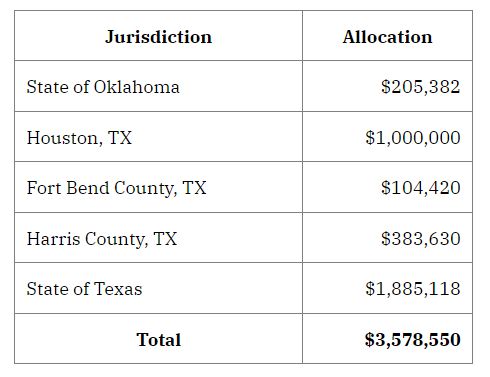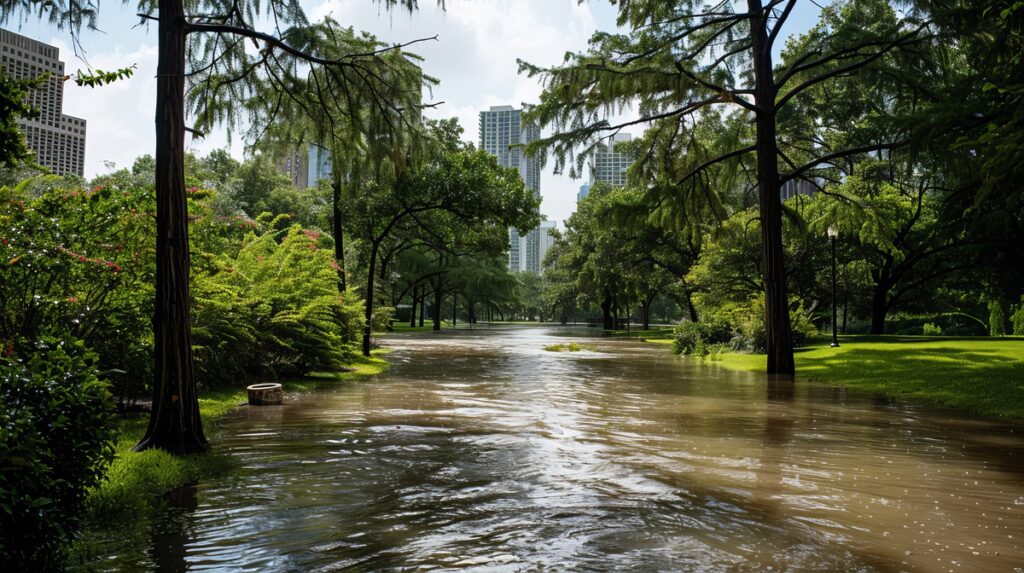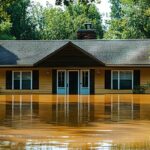The U.S. Department of Housing & Urban Development (HUD) has announced nearly $3.6 million to help assist unhoused people after a natural disaster in communities across Oklahoma and Texas that were damaged by Hurricane Beryl, earlier this summer.
Through HUD’s Rapid Unsheltered Survivor Housing (RUSH) program, grant awards will help cities and jurisdictions provide rapid assistance for individuals and families who are experiencing homelessness or at risk of homelessness in eligible declared disaster areas. This latest action highlights the Biden Administration’s commitment to prioritizing lifesaving actions, ensuring delivery of essential services, and offering support to storm survivors across America.
“Addressing the housing needs of impacted communities is one of our priorities,” said HUD Acting Secretary Adrianne Todman. “RUSH funding provides lifesaving assistance to our most vulnerable neighbors who struggle to find safe, stable housing after a disaster strikes.”
Both CoreLogic and Moody’s have estimated their damage costs from Hurricane Beryl. CoreLogic places wind damage costs somewhere between $2.5 billion and $3.5 billion nationwide, while Moody’s places the overall costs from Beryl between $2.5 billion and $4.5 billion.
While the Federal Emergency Management Agency (FEMA), the American Red Cross and local community members are assisting displaced survivors, the severity of the damage and displacement in parts of Oklahoma and Texas have exceeded local capacity. FEMA made assistance available to renters, including students, as well as homeowners with uninsured losses from Hurricane Beryl in late July.
Hurricane Beryl, the first hurricane to make landfall in the United States in 2024, made landfall in Texas on July 8, 2024 as a Category 1 Hurricane. It had sustained winds of 80 miles per hour and after landfall, it moved north and northeast, maintaining hurricane strength for several hours. The storm’s winds gusted over 90 miles per hour, with gusts causing power outages that lasted for days, as more than 100,000 customers in Texas lost power. Rainfall also caused significant flash flooding in southeast Texas, with the Houston metro area seeing as much as 14.88 inches near Hilshire Village.
HUD’s RUSH funding will allow communities to provide emergency shelter, rapid re-housing, financial assistance for move in costs, and supportive services for individuals and families who’ve experienced homelessness prior to Hurricane Beryl. For those who became at risk of experiencing homelessness after Hurricane Beryl, RUSH funding will go towards homelessness prevention, utility assistance, and supportive services to meet urgent needs. Both individuals and families who have faced homelessness before and after Hurricane Beryl can receive up to 24 months of rental assistance.
“We have heard loud and clear—every day counts when communities are working to get people safely housed in the wake of disasters,” said Principal Deputy Assistant Secretary for Community Planning and Development Marion McFadden. “Today’s announcement and the recently published RUSH notice are two of many ways HUD is working to strengthen our support for disaster impacted communities.”
Each of the following localities will receive funding to help end homelessness in the wake of Hurricane Beryl:

The RUSH program was first launched in 2022, and to date nearly $27.3 million has been awarded to disaster impacted areas. In July, HUD published the RUSH Notice of Intent in the Federal Register to streamline the process of allocating awards when responding to future disasters and ensure funding quickly reaches communities in need. This Notice is open to public comment for 60 days until September 16, 2024.





